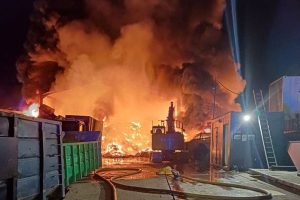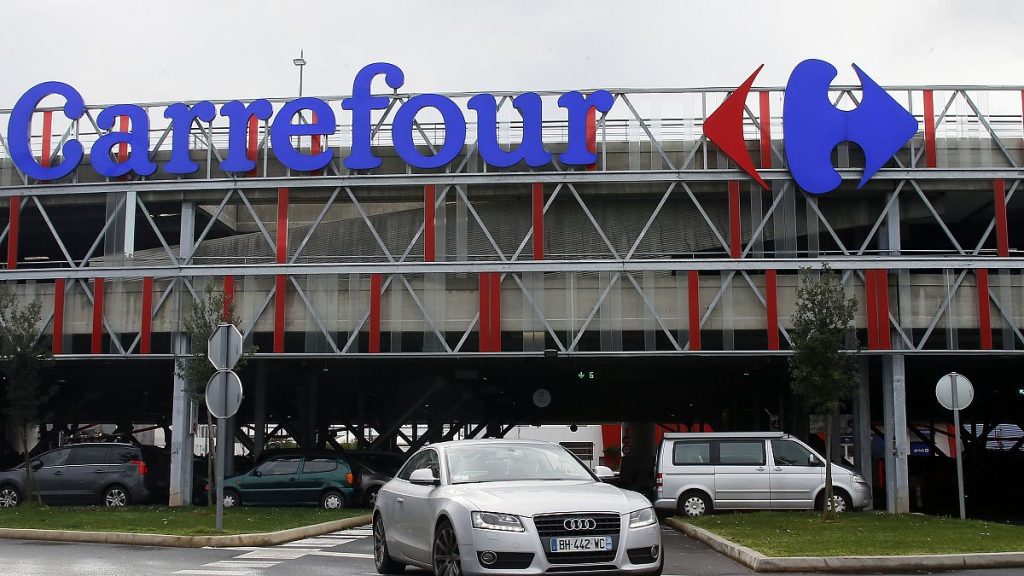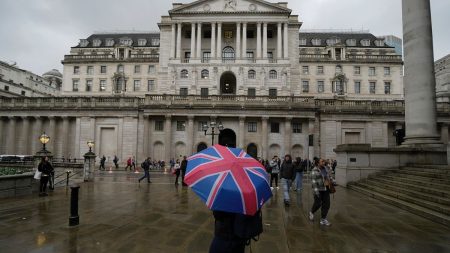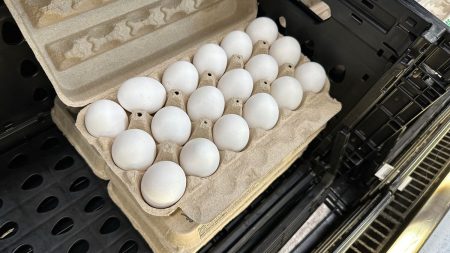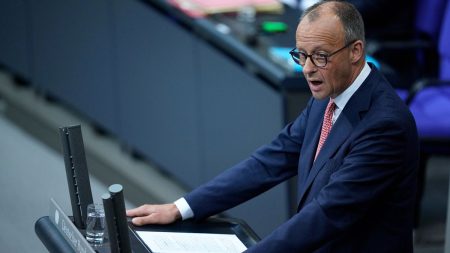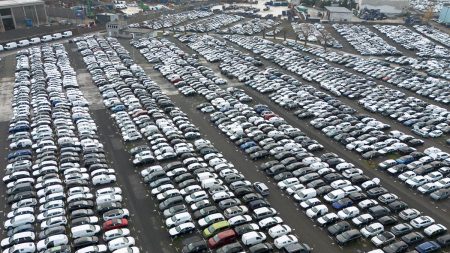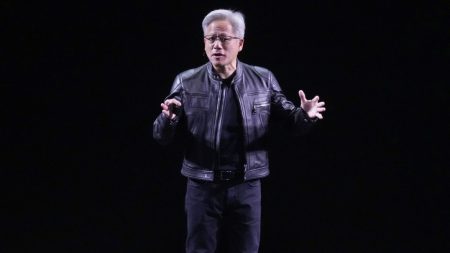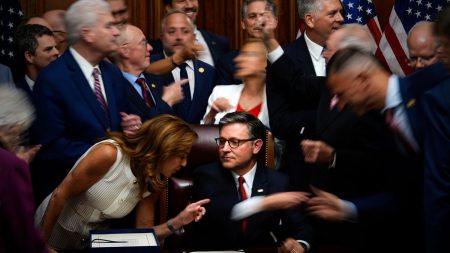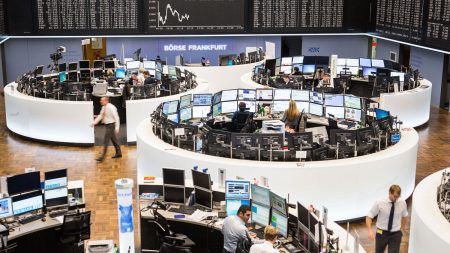Carrefour SA, the French multinational supermarket chain, recently stirred controversy over its decision to halt the supply of South American beef, particularly from Brazil, to its French outlets. CEO Alexandre Bompard announced plans to issue a public apology to the Brazilian government, aiming to mitigate the fallout from this decision, which has sparked outrage among Brazilian officials and agricultural interests. The controversy began following Carrefour’s endorsement of French farmers’ protests against the EU-Mercosur trade agreement, raising concerns about the expected influx of beef exports from South America, which French producers argue poses unfair competition due to relaxed production standards and costs in those regions. In response to Bompard’s statements on social media, Brazil’s Agriculture Ministry criticized the move as protectionist and baseless.
Hurt by Carrefour’s stance, Brazil’s major meatpackers, including JBS and Marfrig, reacted by initiating a boycott of the supermarket chain in Brazil, asserting that if their beef did not meet standards for sale in France, it should not be sold domestically either. Minister of Agriculture Carlos Fávaro publicly supported this action, emphasizing the importance of the country’s agricultural reputation. This dramatic tension illustrates the significant blowback Carrefour faces from its suppliers, as Brazil is an essential player in the global beef market, even if France represents only a small portion of its beef exports. JBS and Marfrig’s decision to halt beef supplies to Carrefour’s stores, including the Atacadao wholesale chain, underscores the seriousness of the rift.
In response to the evolving situation, Carrefour Group acknowledged the supply boycott and expressed its commitment to maintaining a strong relationship with the Brazilian agricultural sector. While they have emphasized the importance of quality and responsible sourcing in their messaging, they also face the challenge of ensuring that their customers continue to receive products without interruption. The company’s statement indicated that they are actively engaged in finding solutions that comply with their obligations to both their employees in Brazil and their consumer base, demonstrating their intention to mend relations amidst the ongoing supply disruption.
The underlying issue behind the beef supply controversy lies in the broader context of global trade and environmental regulations, specifically linked to the EU-Mercosur trade deal. This agreement aims to expand agricultural imports from South America to European Union countries, although it has faced significant opposition from various stakeholders, including French farmers who worry about potential harm to their livelihood, as well as environmentalists concerned about deforestation linked to agricultural expansion in Brazil. Since an initial agreement was reached in 2019, negotiations have encountered hurdles, primarily driven by fears over the implications this trade deal could have on local markets and environmental sustainability.
Further complicating matters is the anticipated European Union Deforestation Regulation, which seeks to prohibit the sale of products linked to deforestation within its member countries. This proposed law directly impacts Brazil’s agricultural exports, particularly beef and soy, which require firms to demonstrate that their goods are not contributing to deforestation. Approximately half of Brazil’s cattle are raised in the Amazon rainforest, where extensive deforestation has historically taken place for agricultural purposes. Delays surrounding the implementation date of these regulations only heighten uncertainty and concerns for both Brazilian farmers and international trade relations.
In light of these developments, Carrefour’s situation exemplifies the intersection of global trade dynamics, environmental regulations, and local agricultural practices. The company’s decision to stop sourcing beef from South America not only affects its supply chain but also has broader implications for Brazil’s agribusiness sector. The anticipated public apology and attempts to navigate this complex landscape will necessitate careful deliberation and strategy, as Carrefour seeks to balance its commitments to local farmers in France with its operational needs in Brazil while considering the environmental responsibilities tied to its sourcing practices. As the situation unfolds, all involved parties will need to engage in extensive dialogues to forge a path forward that addresses the diverse concerns involved.

